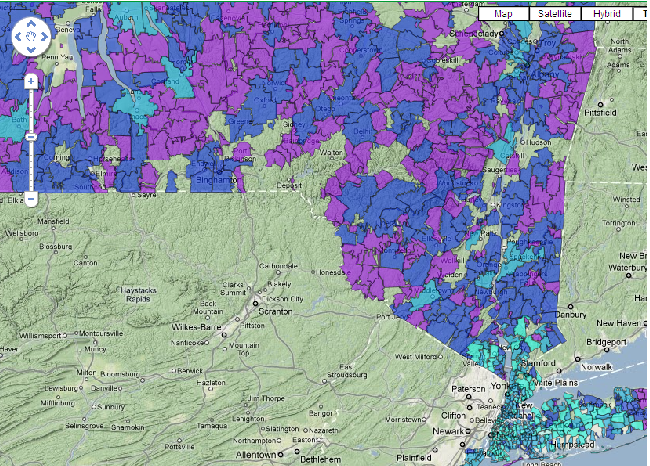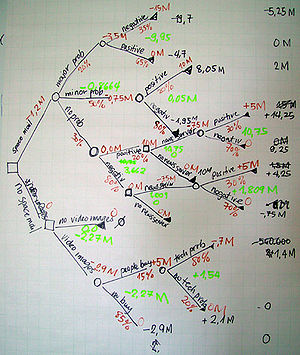The New York Times’ indispensable business reporter, Joe Nocera, slipped in a story about net neutrality just before the long holiday weekend. The normally dependable Nocera—he’s been completely vigilant in his reporting on the financial crisis—really lost his way in his “Struggle For What We Already Have.”
Maybe his Labor Day celebration started a little earlier or our unusually cool late summer weather in the NYC-metro area put him into a more generous state of mind. For whatever reason, his reading of Google’s recent net neutrality proposal as completely benign is not worthy of his reporting.
He got a few things really wrong. One, there was no mention of Google-Verizon’s Advanced Services— the private Internet. Two, the language for non-discrimination in the Voozle contrivance was intentionally weakly worded, and this was not, as he implied, an issue only for the idealistically pure. Three, cable television is not really the model for the Internet, and, um, there actually is non-discrimination language in the relevant Title VI statutes, forced on the cable providers by angry consumers and content providers.
I guess Nocera got me a little upset. Continue reading




 For Skype customers and just about anyone else who’s every typed phone numbers into a virtual dial pad, Gmail video and voice chat, even with its new ability to make free calls to cell and landlines, may warrant a big whoop. I had the dubious pleasure of retrieving voice mail through my email at some point in the late 1990s, so some of this telephony novelty has worn thin.
For Skype customers and just about anyone else who’s every typed phone numbers into a virtual dial pad, Gmail video and voice chat, even with its new ability to make free calls to cell and landlines, may warrant a big whoop. I had the dubious pleasure of retrieving voice mail through my email at some point in the late 1990s, so some of this telephony novelty has worn thin. Is this what Verizon CEO Ivan Seidenberg metaphorically whispered into the Google founder’s ear? I’m still reeling from the Google-Verizon non-aggression pact and what it will mean for a competitive and open Internet. Some have pointed out that the proposal is merely a regurgitation of the FCC’s six freedoms for an open Internet.
Is this what Verizon CEO Ivan Seidenberg metaphorically whispered into the Google founder’s ear? I’m still reeling from the Google-Verizon non-aggression pact and what it will mean for a competitive and open Internet. Some have pointed out that the proposal is merely a regurgitation of the FCC’s six freedoms for an open Internet.


